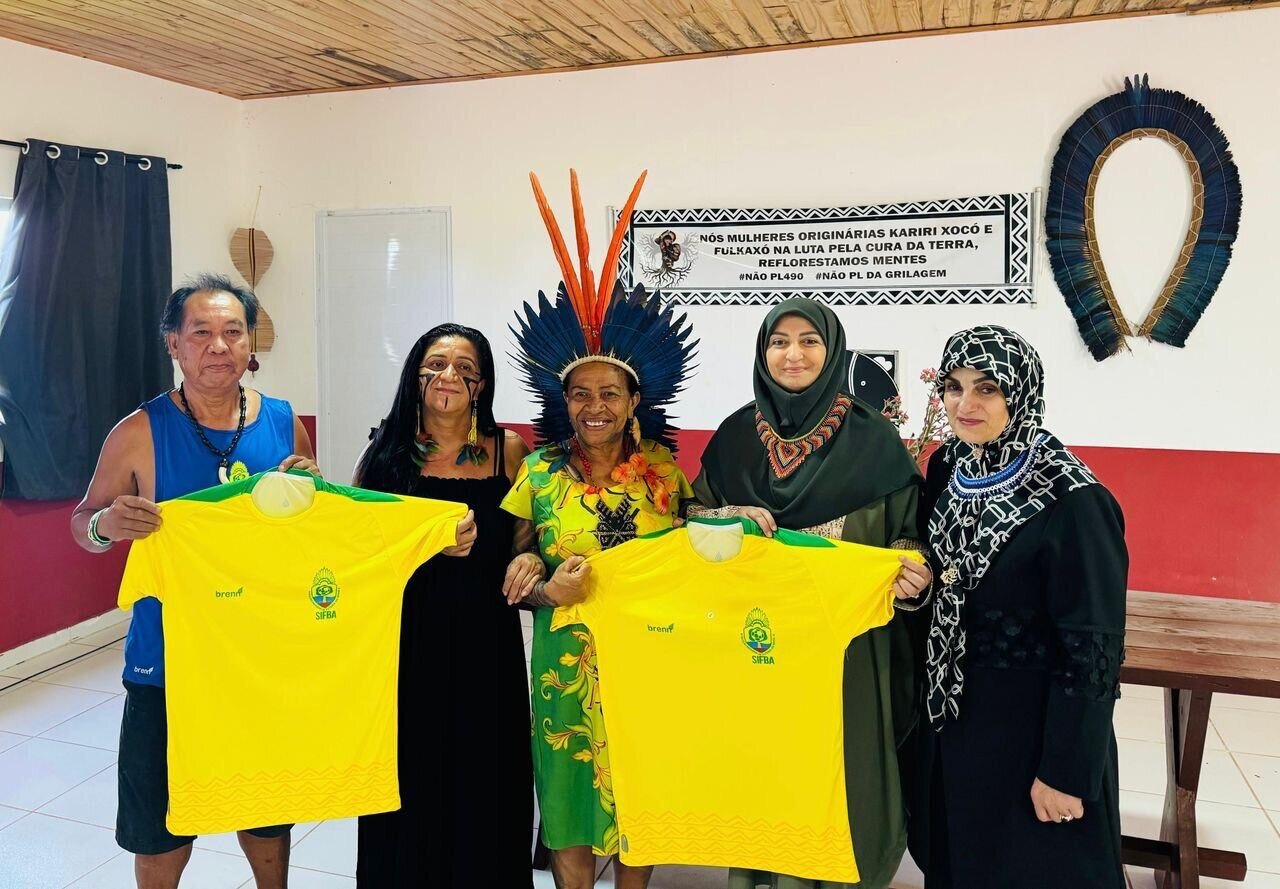Green Diplomacy: Iran Joins BRICS Environmental Dialogue, Signaling Global Collaboration

In a significant diplomatic engagement, Shina Ansari, the head of Iran's Department of Environment, is currently representing the nation at the 11th BRICS Environment Working Group (EWG) meetings in Brazil. This high-level participation underscores Iran's commitment to international environmental cooperation and dialogue among emerging economies.
The meetings, which are taking place in Brazil, provide a crucial platform for BRICS nations to discuss critical environmental challenges, share sustainable development strategies, and explore collaborative approaches to global ecological issues. Ansari's presence highlights Iran's growing involvement in multilateral environmental discussions and its potential contributions to regional and global environmental initiatives.
As a key representative, Ansari is expected to bring Iran's perspective on environmental conservation, climate change mitigation, and sustainable development to the international forum, further strengthening the country's diplomatic and environmental engagement with other BRICS member states.
